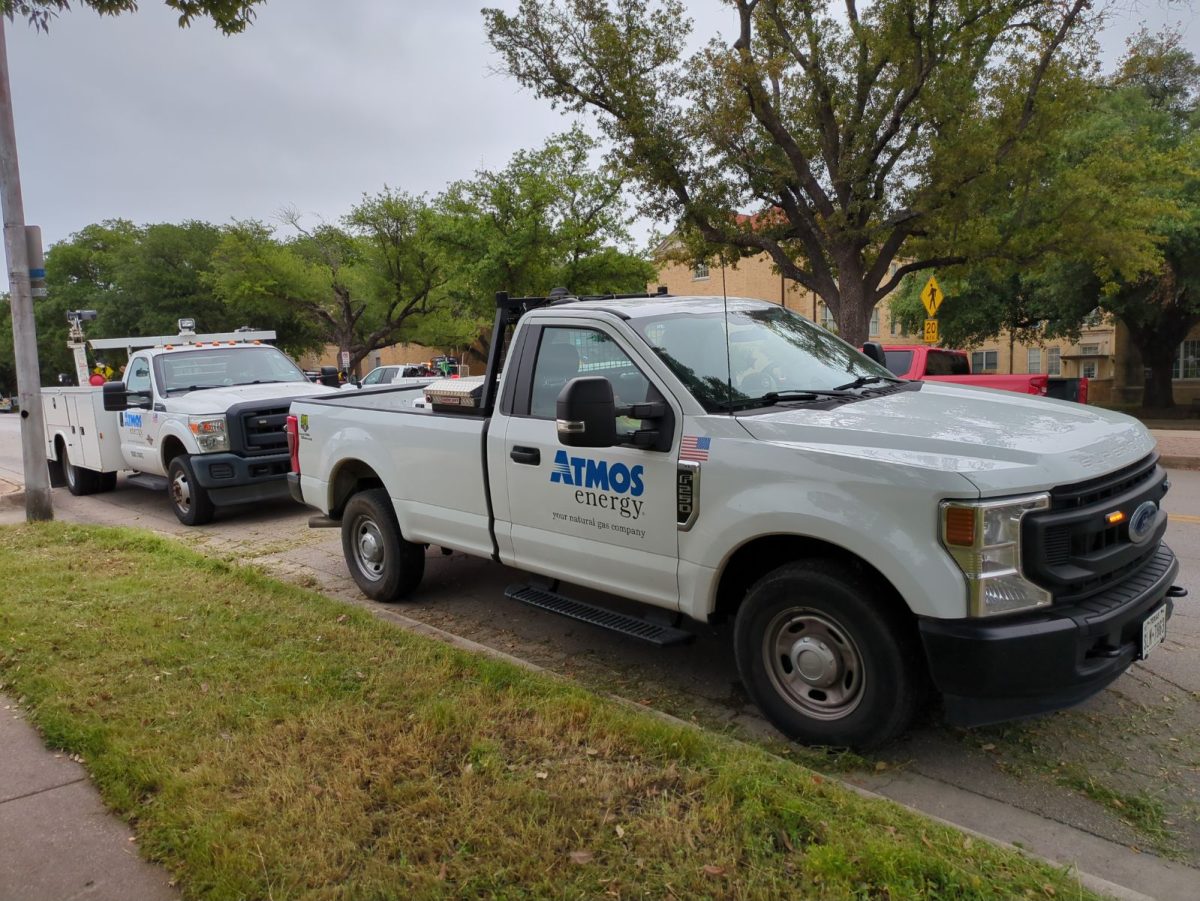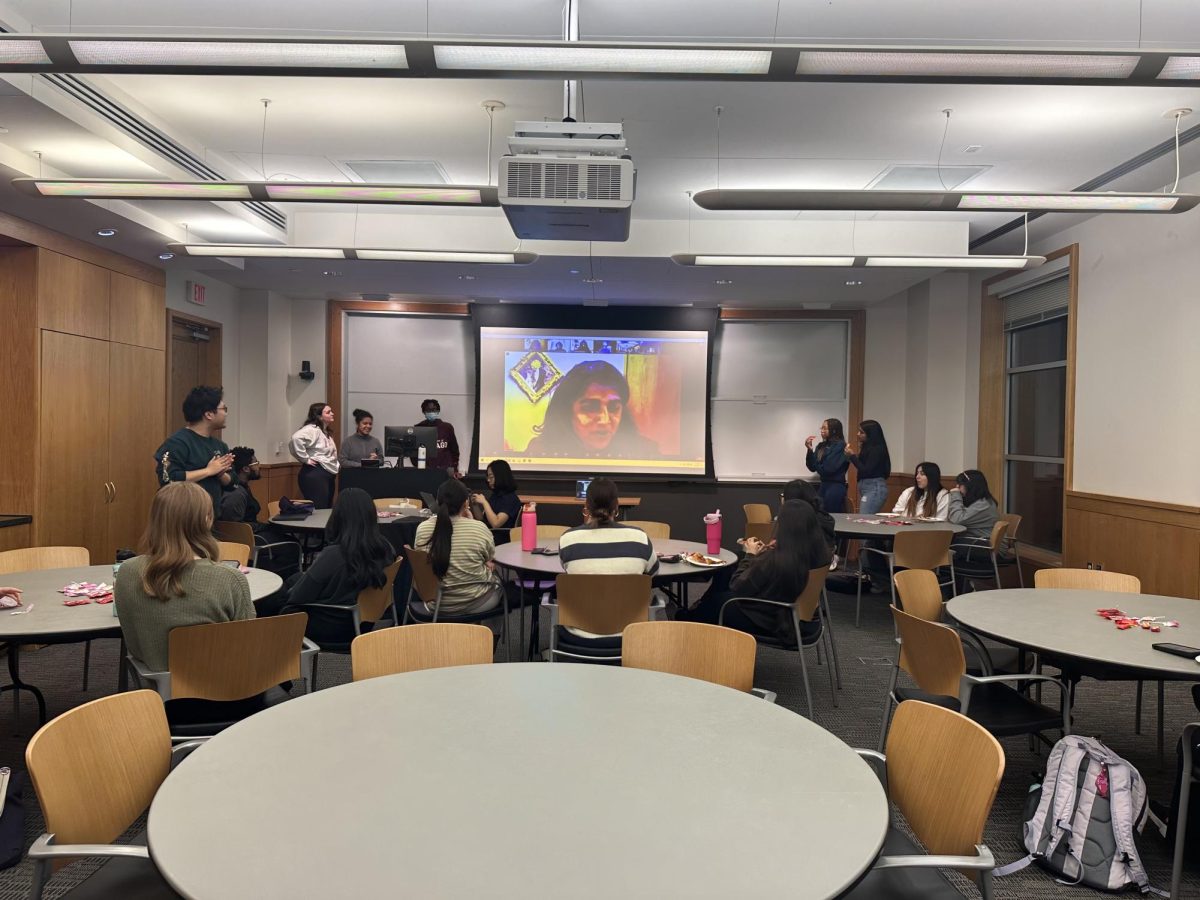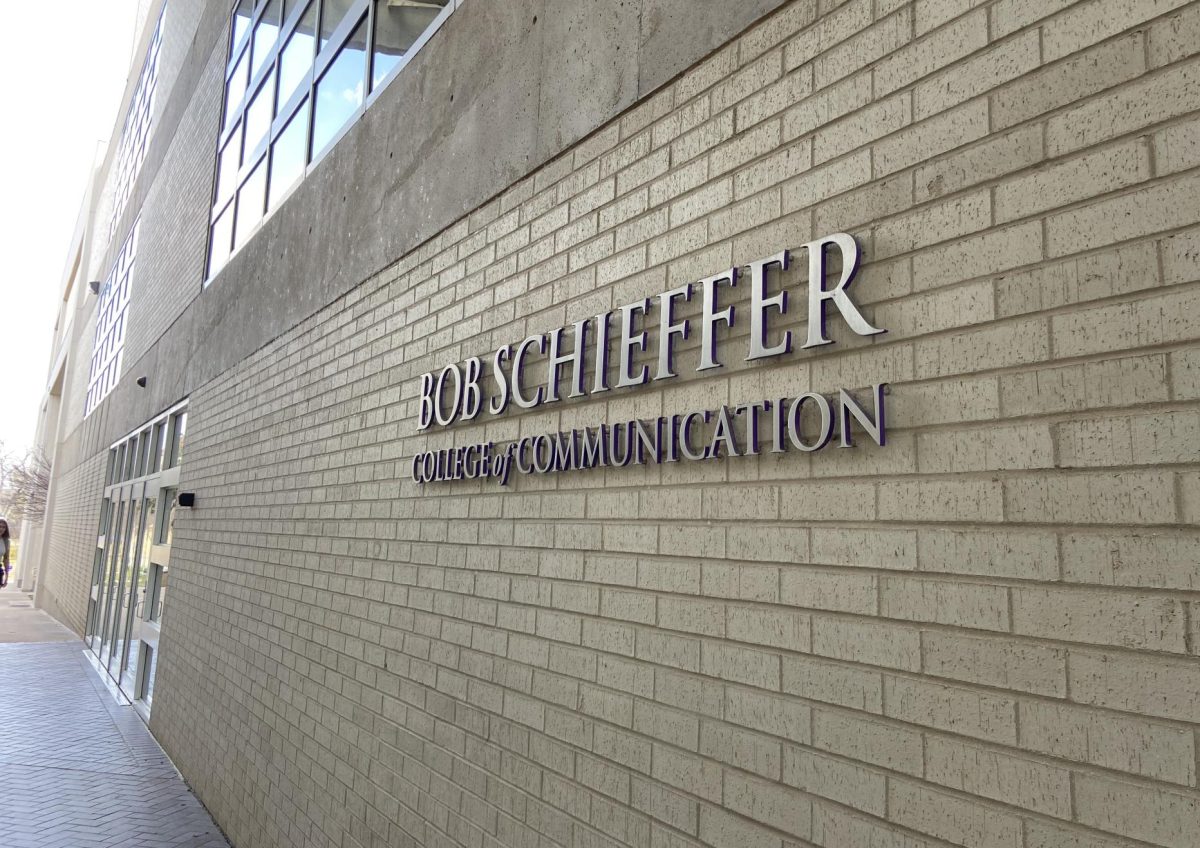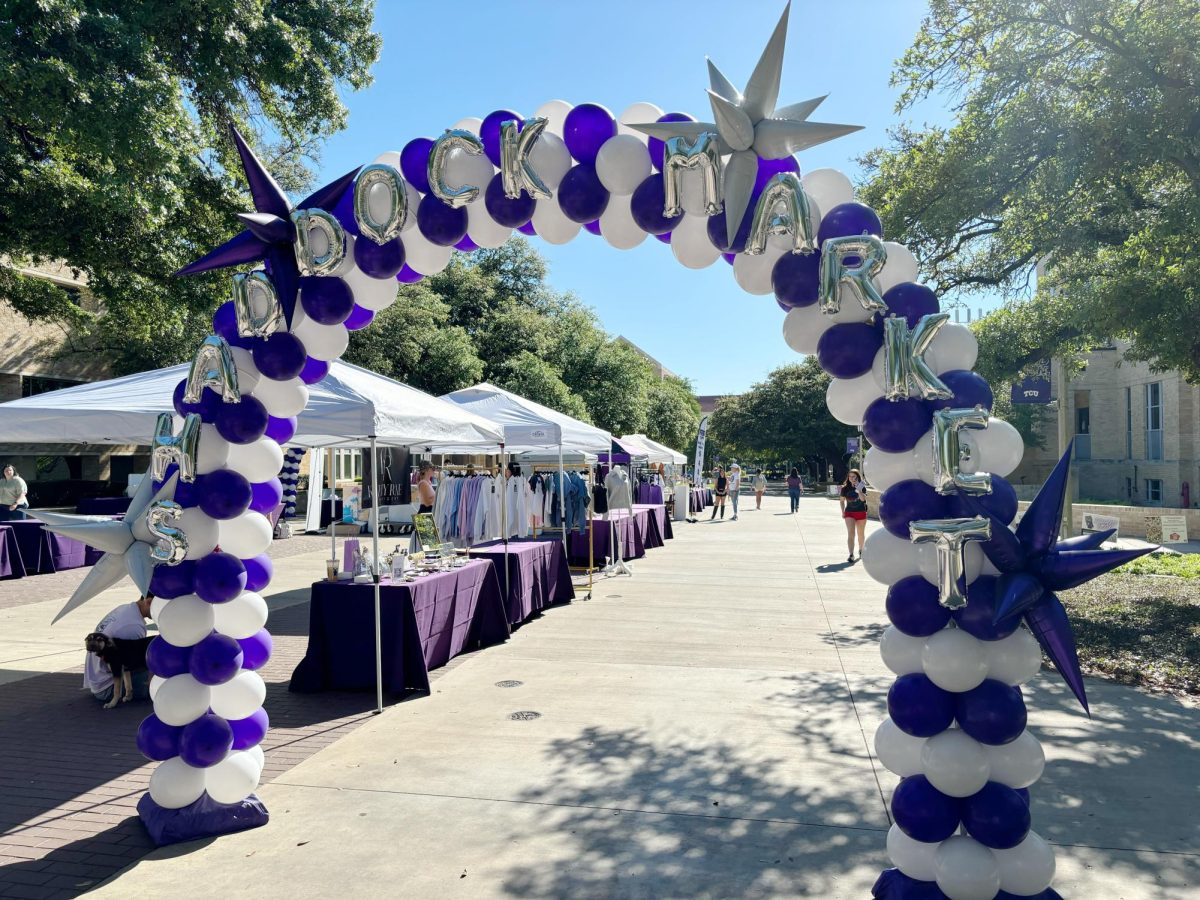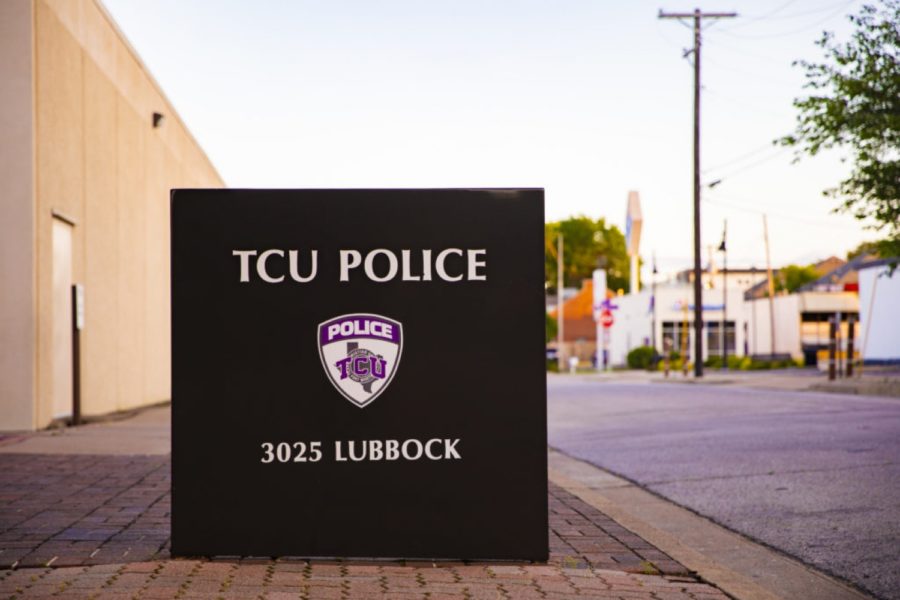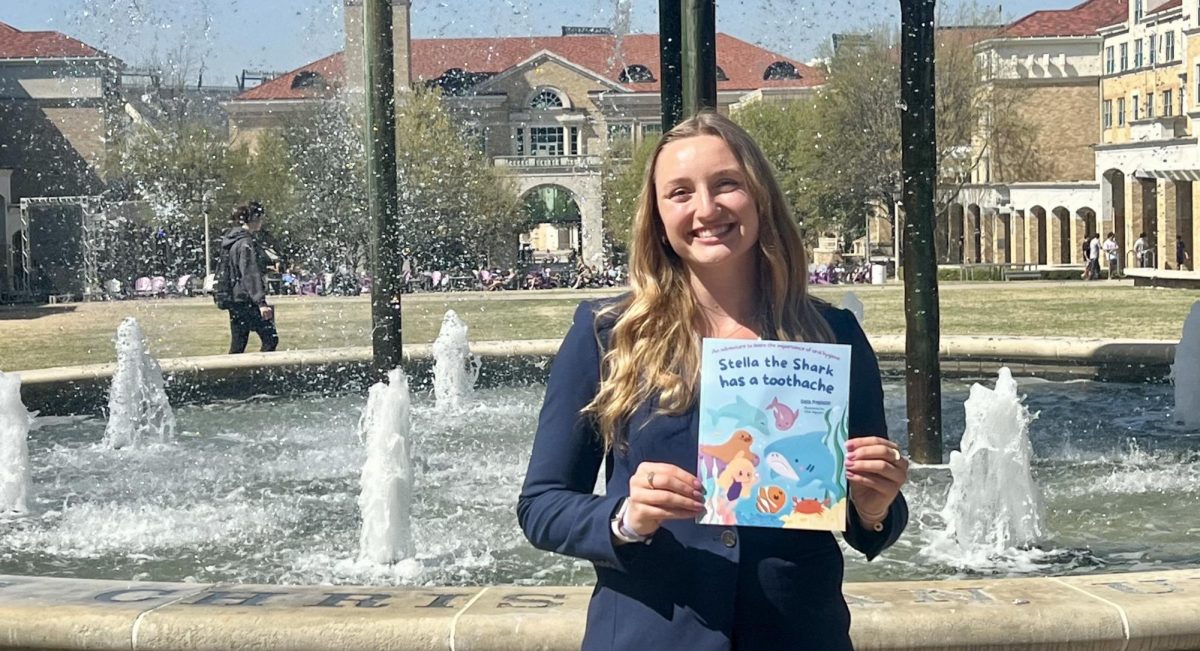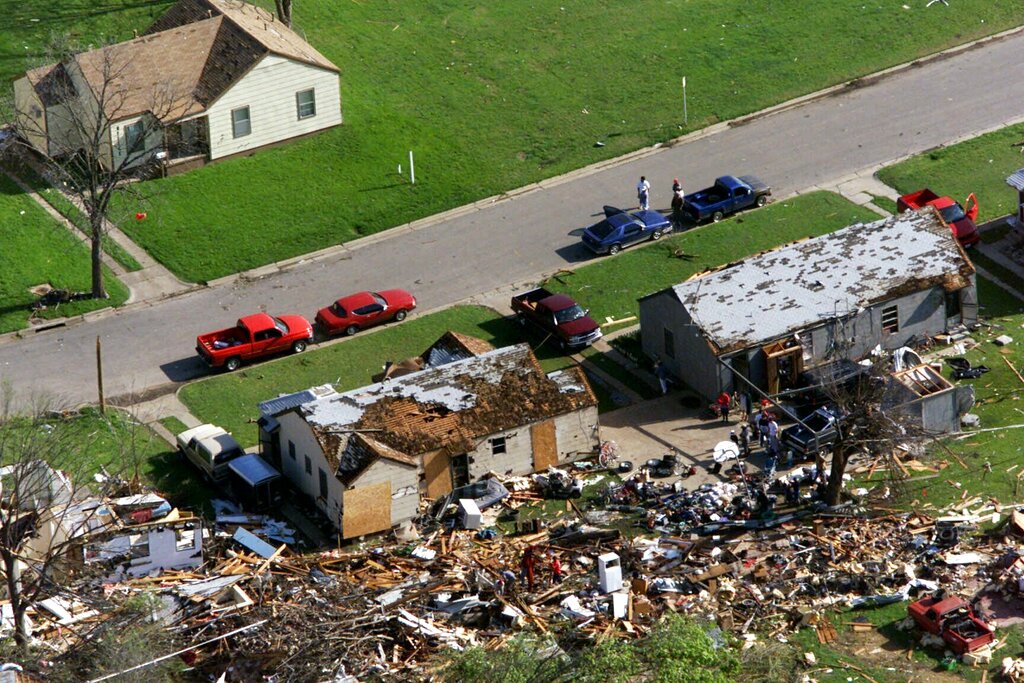An experimental course in the John V. Roach Honors College is testing students’ knowledge of Fort Worth.
The course, titled “City as Text: Fort Worth Edition” (CAT), is a two-section course offered during the fall semester taught by Frederick Gooding Jr., who holds a doctorate in philosophy, and Wendy Williams, who holds a doctorate in English and Certificate of Women’s Studies from TCU. The eight-week course meets once a week for five hours and aims to get students engaged in the world around them.
Gooding, who holds the Dr. Ronald E. Moore Professorship in Humanities in the Honors College, said that having a class that meets longer than normal means they have time to explore the city.
“[We] really get a chance to see how these pieces [places] are connected and interconnected,” Gooding said.
A national honors conference helped spark the idea of bringing this course to TCU’s campus. After further research into the City as Text course, which was being developed at other campuses, Gooding, along with Williams, decided to give the course a go.
Locations
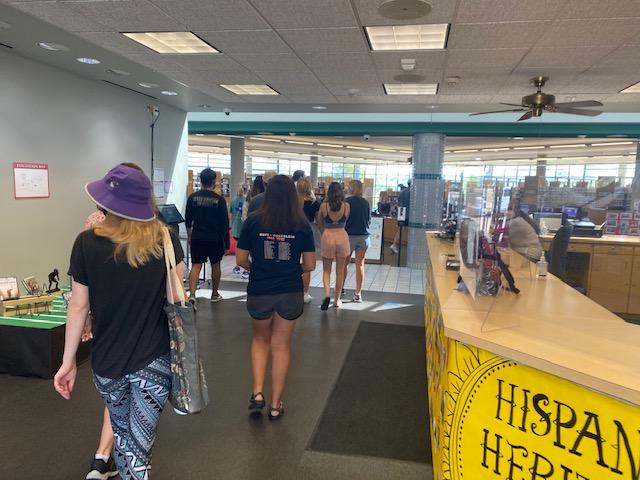
Each week, students visit different Fort Worth businesses and locations such as the Fort Worth Zoo and the Southwest Library. At the conclusion of each class, students get to indulge in foods from restaurants such as Esperanza’s and Madea’s Down Home Cookin’.
“These experiences allow us to meet with the restaurant owners, figure out their space and place, how they see the city and how they see their clientele,” Gooding said.
With hundreds of different places to visit in Fort Worth, locations set for each class were determined by “key” areas that some may have never heard of or visited if not for the course.
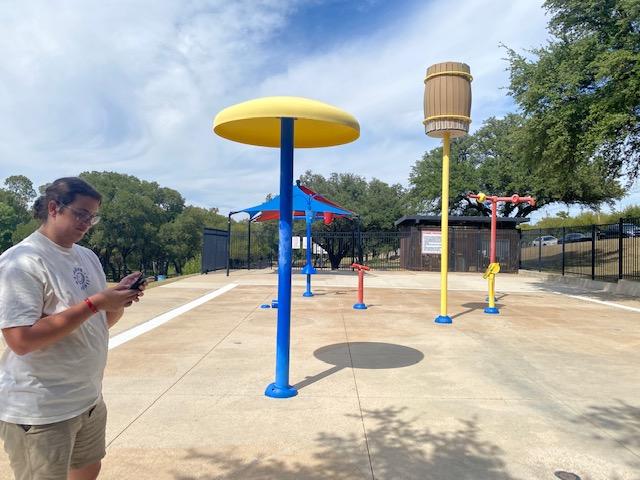
Gooding said that they want to understand why people are in different spaces and places, as well as the history behind every space in every location they examine each week.
During a recent meet, Gooding and his students observed “the differences between the Marine Park in the Northside, the Sycamore Spray Ground on the west side and, of course, Forest Park pool.”
In particular, students were asked to review beforehand how the Forest Park pool had once been segregated.
Questions such as “how diverse are the staff?” and “are all libraries made the same?” are also asked and analyzed during meetings.
Student development
As students are challenged to dig deeper into examining the world they live in and step outside of the same walls they see daily, Gooding said in comparison to when his class met for the first time up until the most recent meeting, he has seen a significant change in how engaged students are.
“The message I’m looking to communicate to my students [is] that even though we’re relatively good people, many of us are still limited to the three E’s – experience, exposure and education.”
In addition to city exploration, students are asked to complete reflection assignments in order to prepare for field meetings and reflect on their changing impressions.
Here to stay?
As for the course becoming a permanently offered course, Gooding said as of last Tuesday night, he and Williams will have submitted the final paperwork to officially make the course a part of our “academic landscape.”
At the end of the eight weeks, on Oct. 22, both sections of CAT will meet for a final project dinner to reflect on the course in its entirety.


